Christian Karren leading Vineyard Sustainability efforts in Sonoma County
Since 2014 when he was 12, Christian Karren, has appeared on Sonoma County’s leading talk radio station KSRO with host Steve Jaxon, presented at the Annual Sonoma County Ag Days for grade school children talking about vineyard sustainability and presented at the annual Grower conference talking to farmers on how owls can help their vineyards. No matter the venue or the audience, Christian recounts how important the owl habitat is better for a healthy and sustainable ecosystem. When he was in grade school, Christian first studied owls on his farm. Realizing their importance and the need for more, he first led and then managed the effort to partner Sonoma County Wildlife Rescue to place orphan owls in owl boxes on vineyards. 6 years later, Christian still leads the efforts to place more owl boxes into vineyards and placing orphan owls into them. This is sustainability in action.
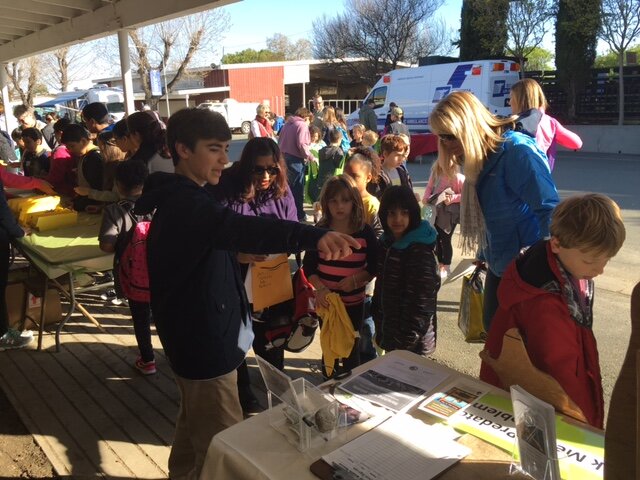
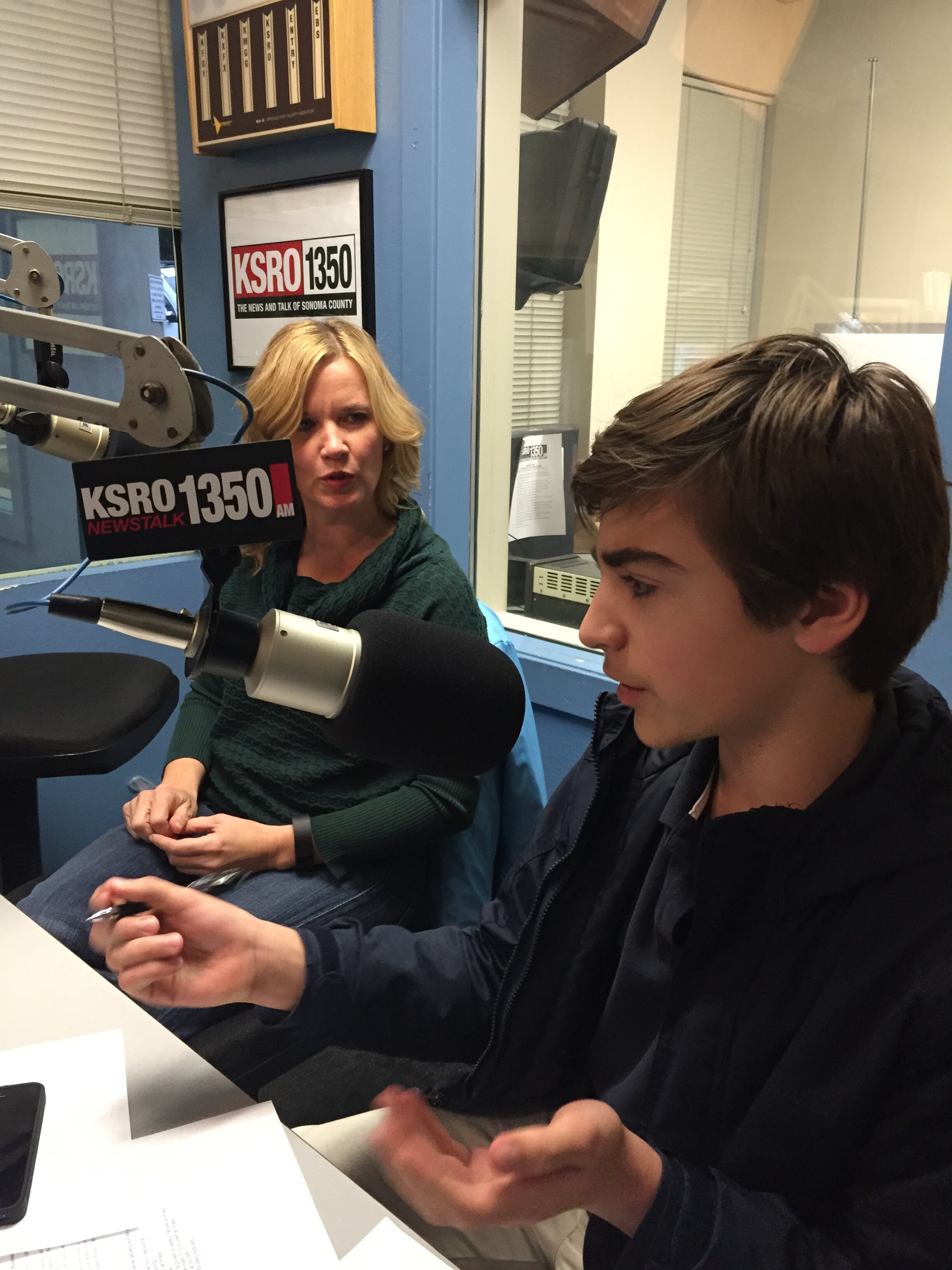
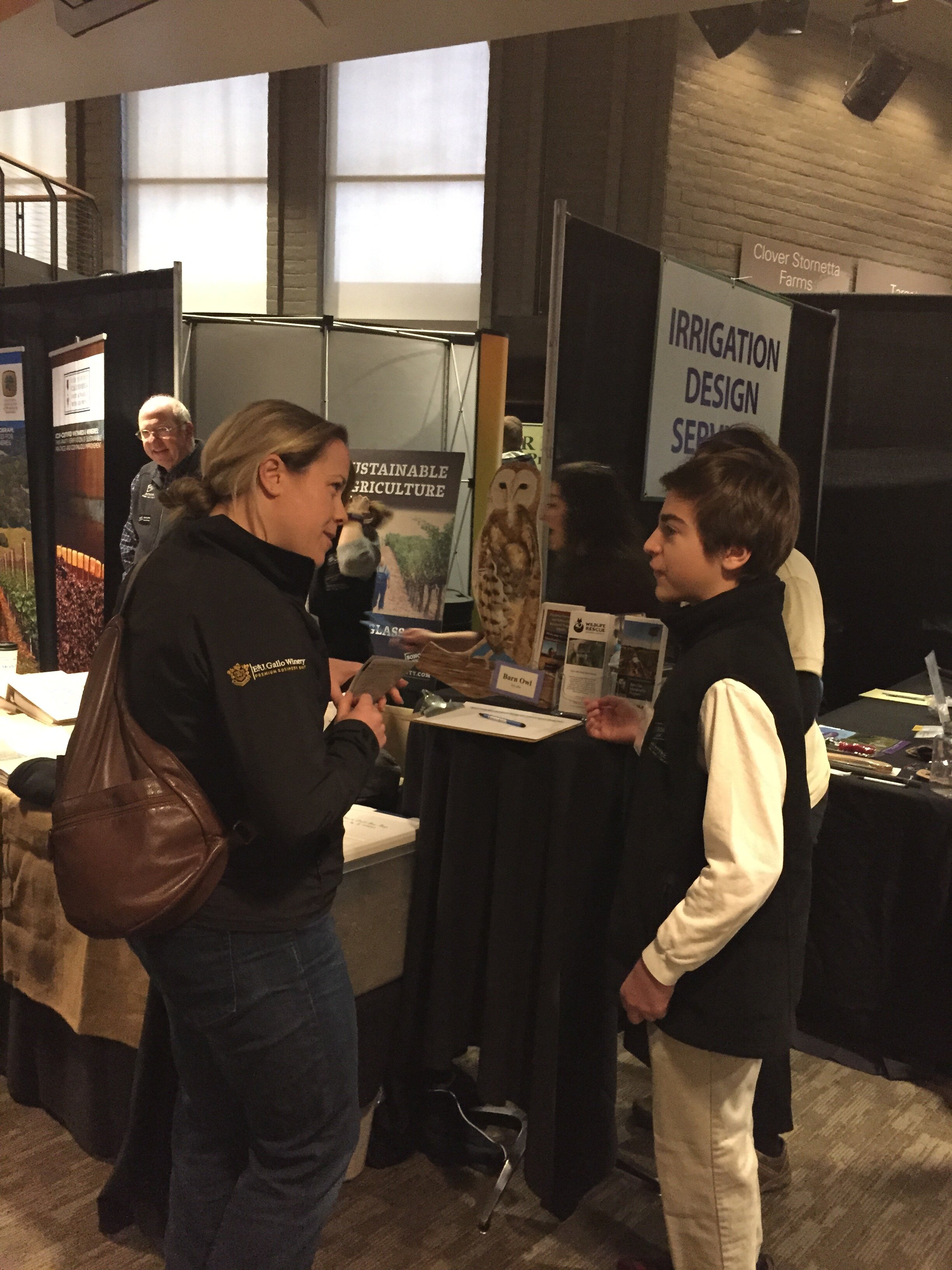
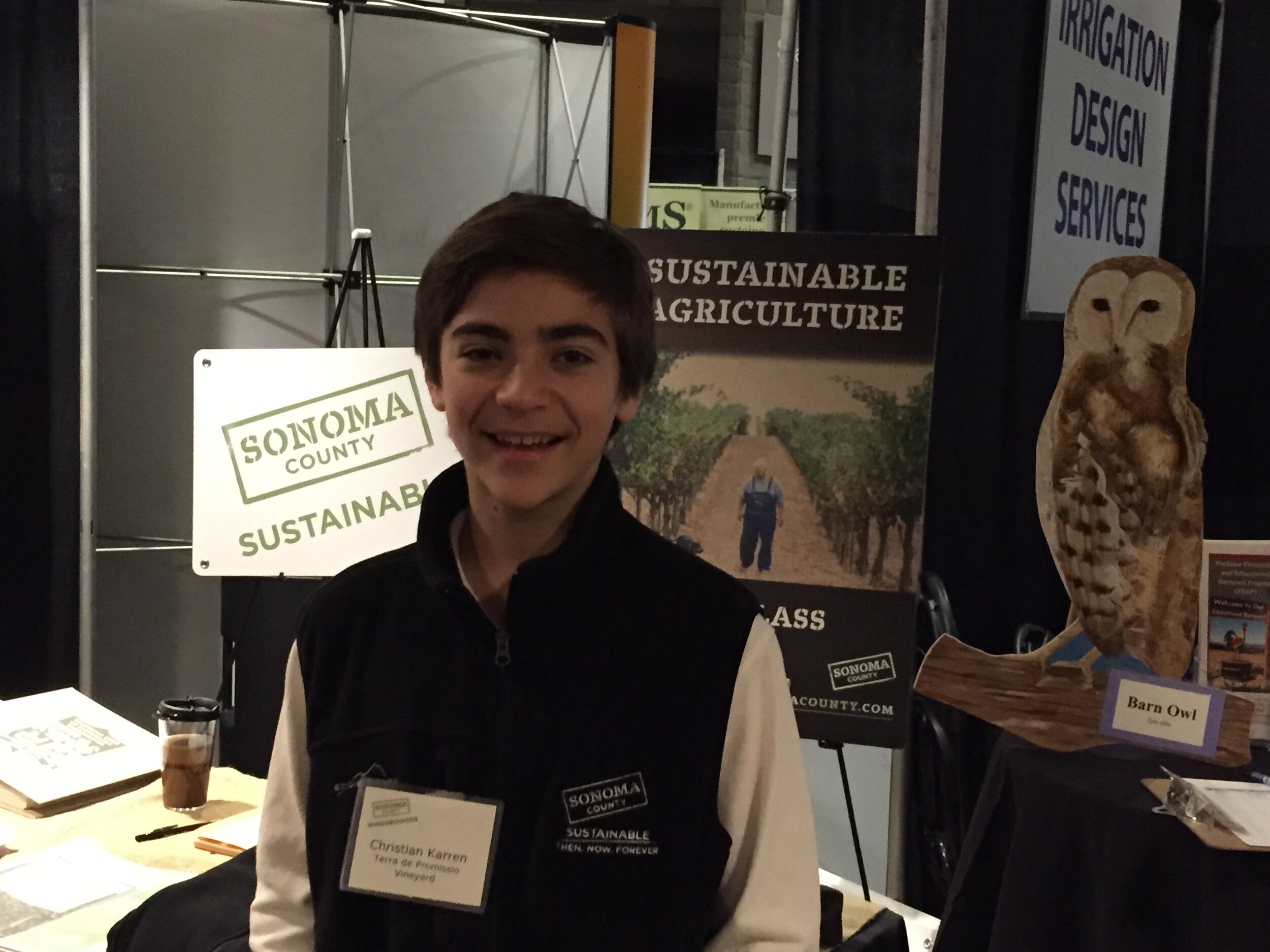
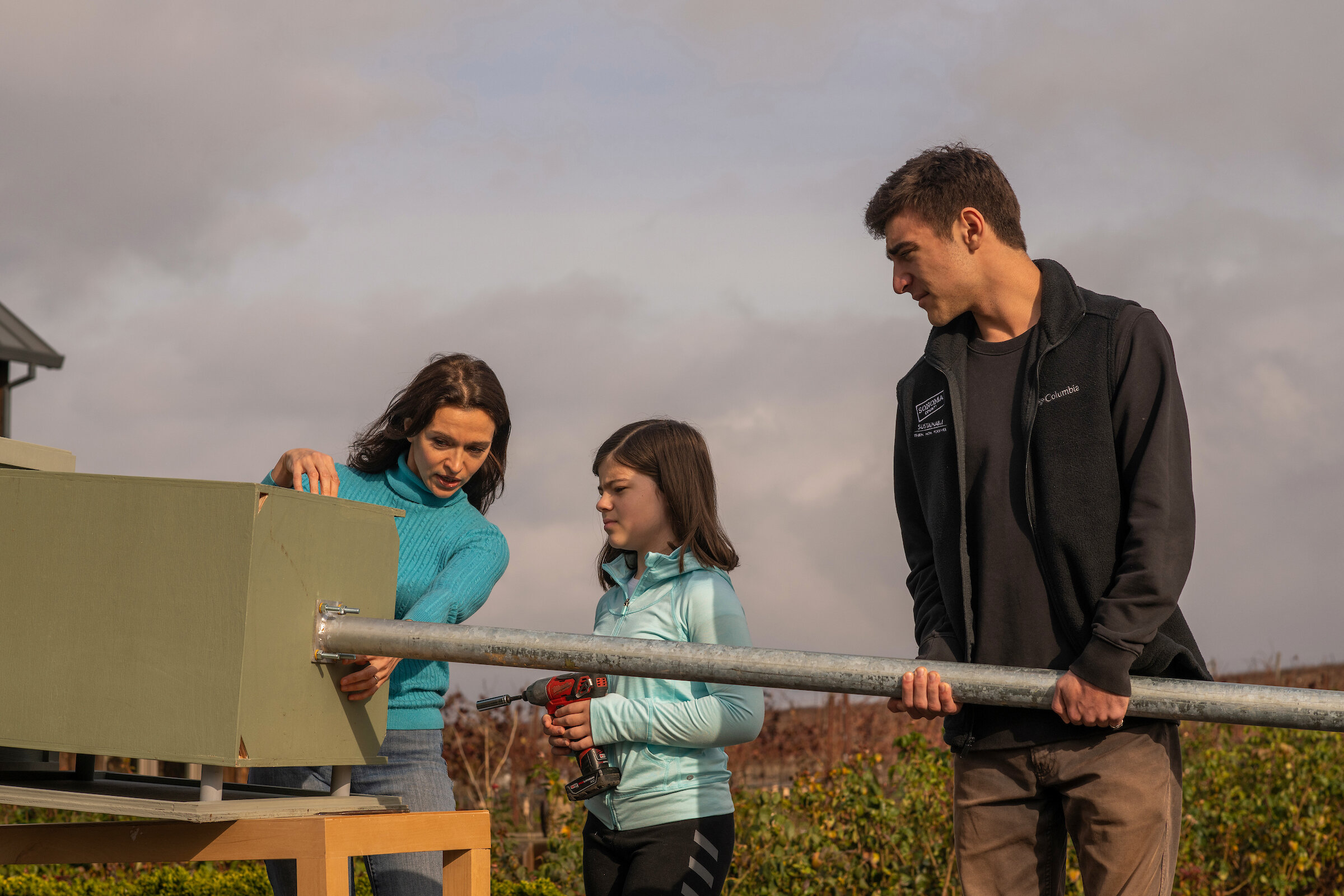
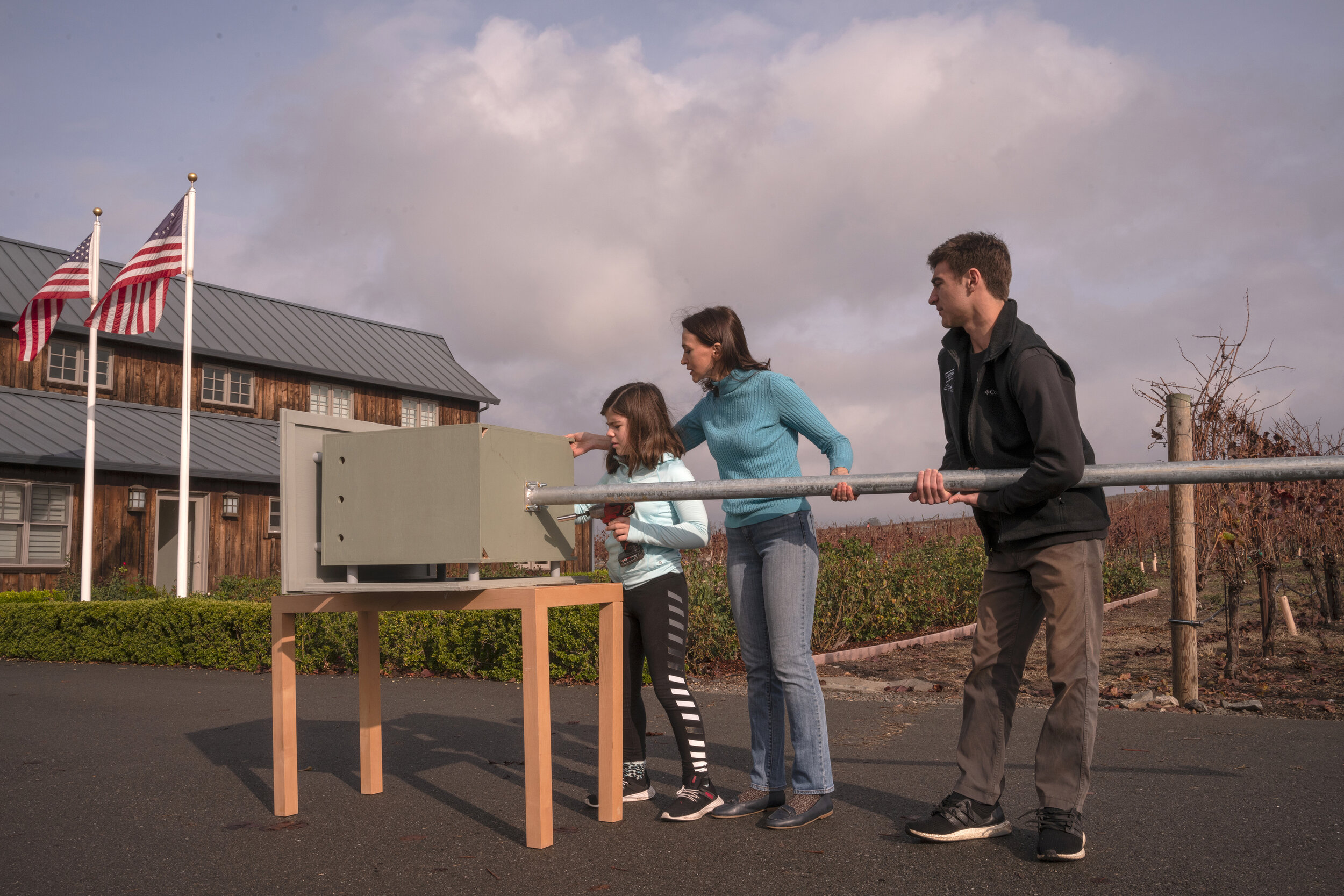
protection of Wildlife
Sonoma County Wildlife Rescue is dedicated to the rescue, rehabilitation and release of sick, injured and orphaned wildlife. Sonoma County Wildlife Rescue helps about 2,000 animals a year and it strives to give each animal the quality care it deserves. Sick, injured and orphaned wildlife receive medical care and a place to recover before being returned to their natural habitat.
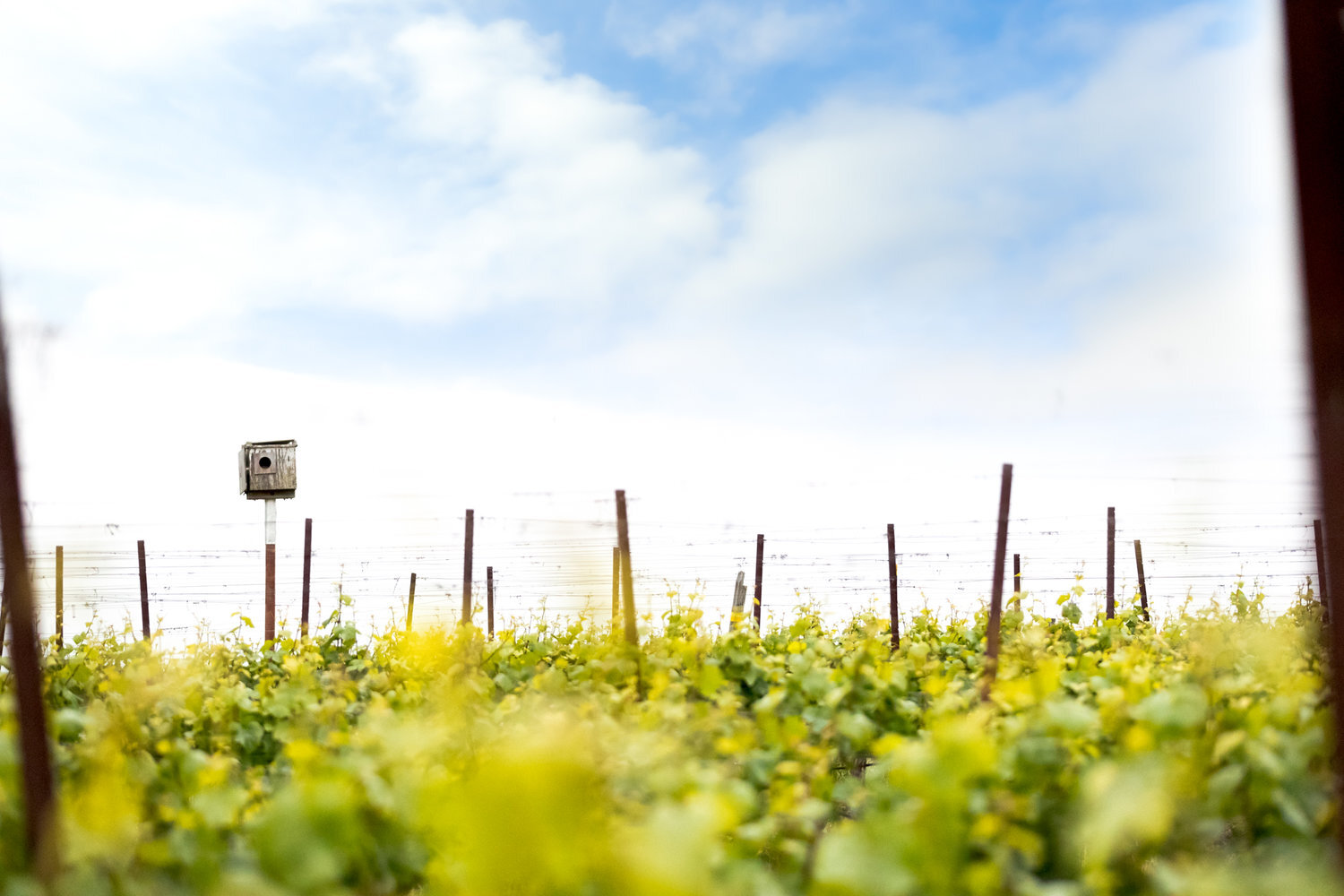
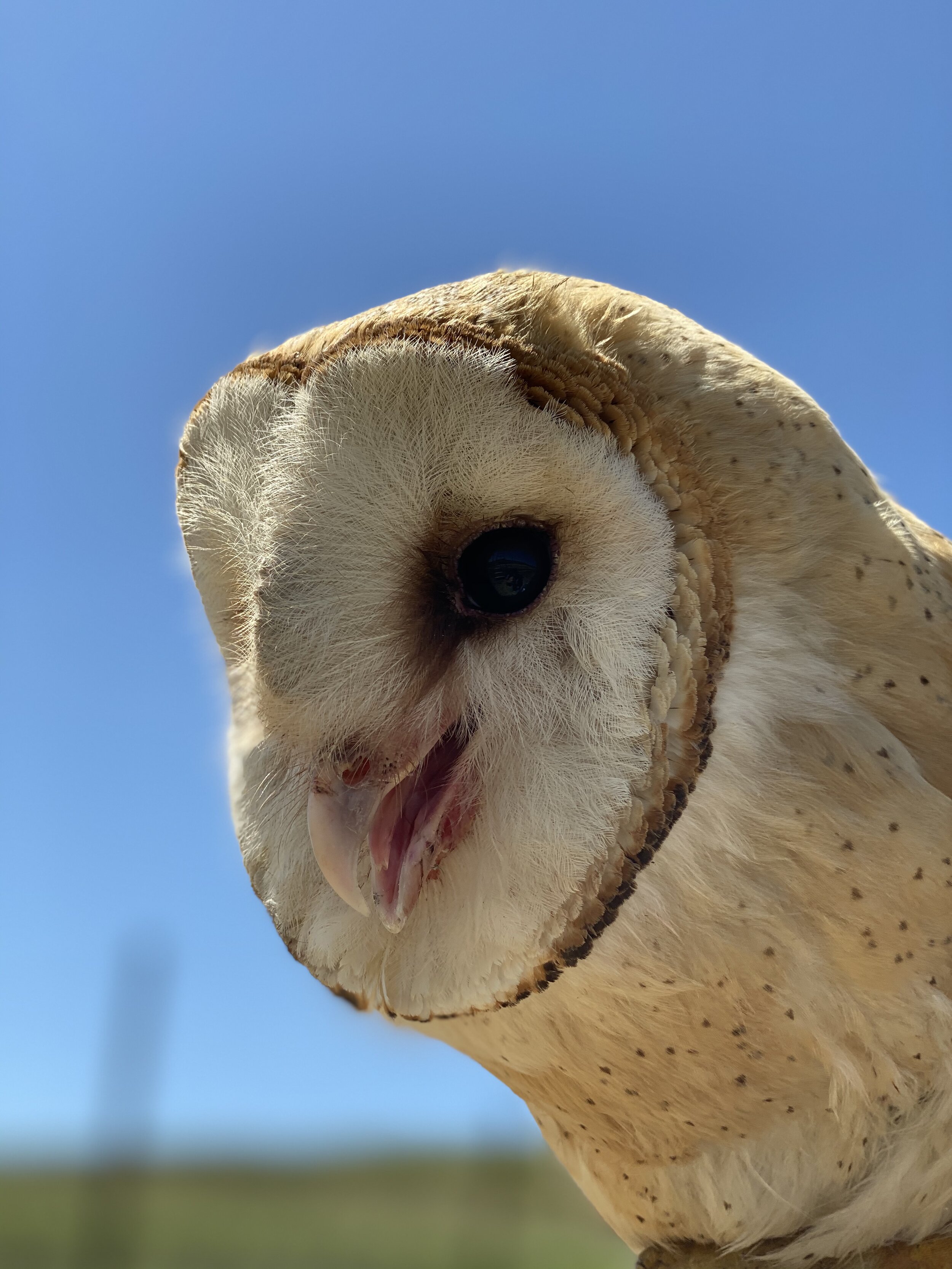
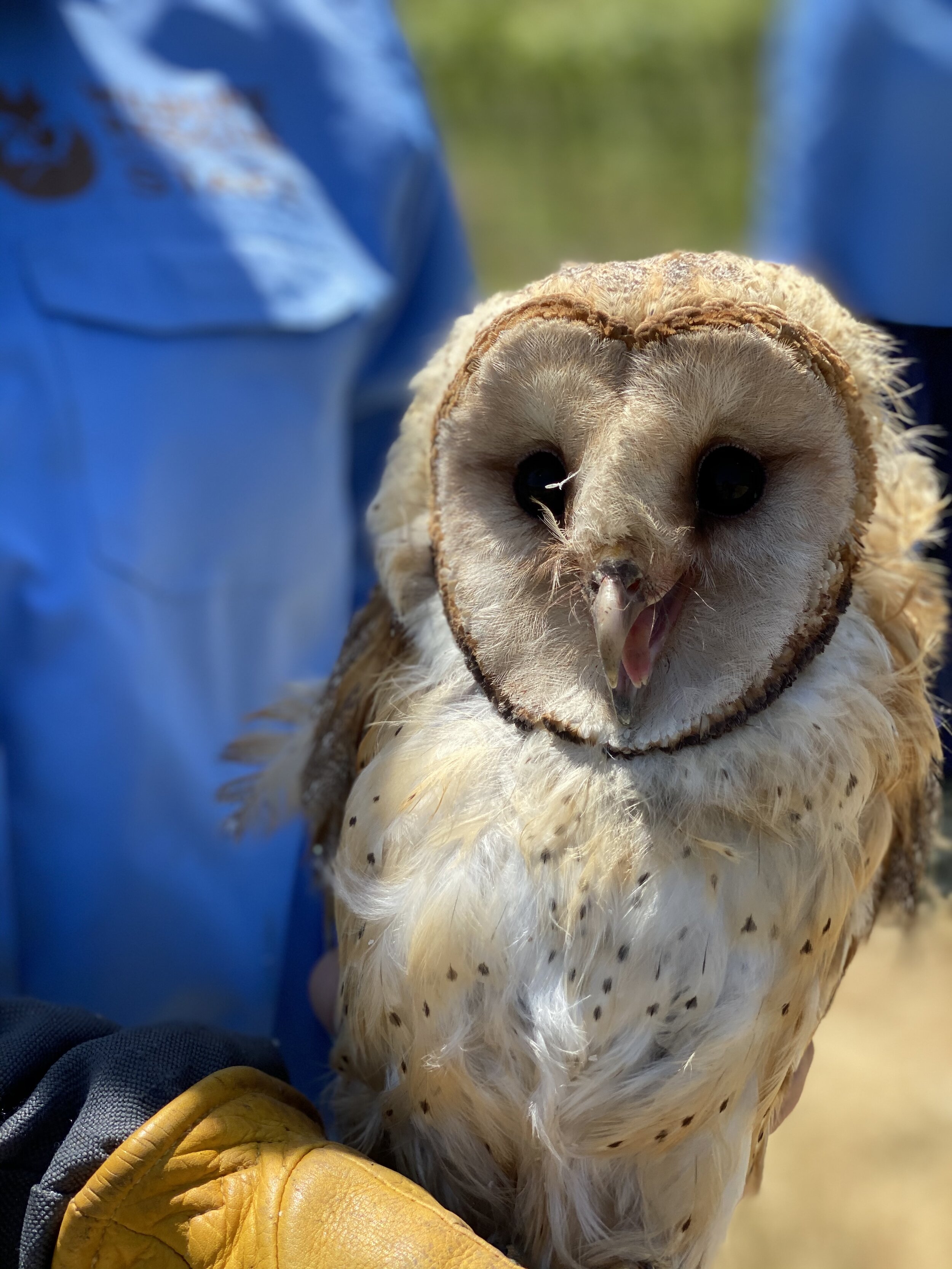
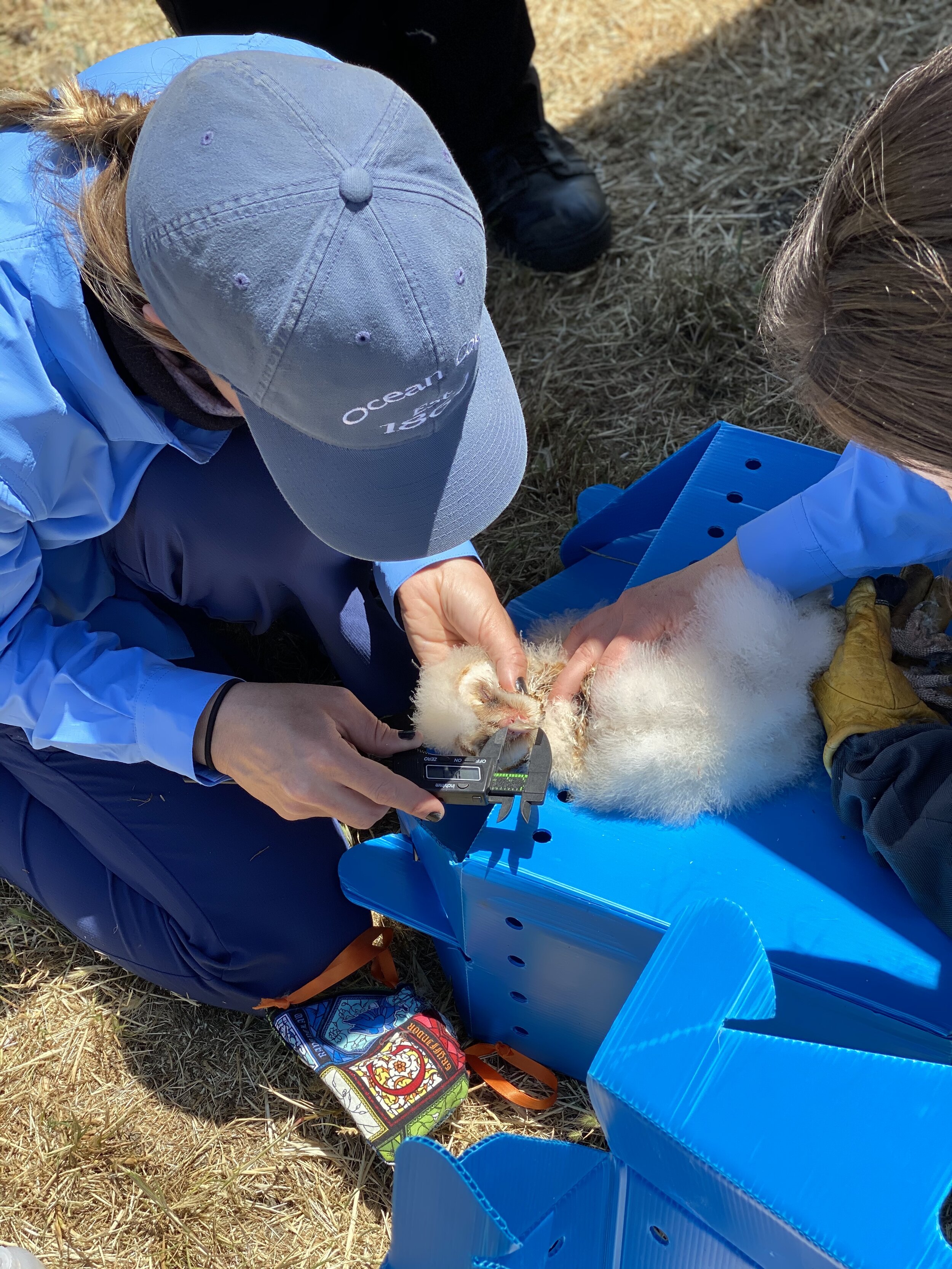
Terra de Promissio has 15 owl boxes, all built by hand by Diana's father Vadim with the help of his grandson Christian. In the spring of 2014, led by the efforts of Christian Karren, Sonoma County Wildlife Rescue started placing orphaned barn owls in many of the boxes located around the vineyard. Additionally, every gopher caught in the vineyard is then preserved and then transported to the Wildlife Center to feed the orphaned wildlife there. We are very proud to partner with such a wonderful organization and great group of people.
Why Owls are important to vineyards
Barn owls are an excellent alternative to harmful rodenticides otherwise known as rat poison (used to kill gophers). Rodenticides weaken the rodents before killing them, making them slow and attractive to predators. Then, when they are caught and eaten, the poison spreads and kills the predators of the rodents. This makes the rodent problem even worse, because there are fewer predators to control their population. Instead of using cruel poisons, whose effects spread beyond your intentions, Christian recommends an approach of using owls. This is a systemic way of thinking about pests in the environment, which addresses the root of the problem instead of only the symptoms.